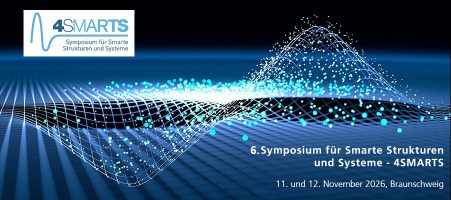
- This event has passed.
2. Urban Air Mobility Symposium

DLR’s second Urban Air Mobility Symposium 2022 will be held as on-site event in Braunschweig, Germany!
Save-the-date: 1-2 December 2022
Urban Air Mobility (UAM) vehicles and the corresponding infrastructure, the operation of UAM services as well as the public acceptance, all of this must be interlinked to advance UAM and make it a reality. DLR’s second symposium on UAM will discuss this and DLR’s corresponding research. The symposium will bring together international researchers and industry experts – this year as an in-person event. Be part and learn about intermediate results from DLR’s key UAM project HorizonUAM, exchange experiences and explore possible cooperation in the UAM domain.
The symposium will be in-person at DLR Braunschweig, Germany, on 1 – 2 December 2022. The event is free and open to the interested public. Prior registration is required.
What is HorizonUAM?
Efficiency, safety, feasibility, sustainability and affordability are the key characteristics of future urban mobility. The project HorizonUAM – Urban Air Mobility Research at the German Aerospace Center (DLR) provides first answers to this vision by pooling existing competencies of individual institutes within DLR. HorizonUAM combines the research about UAM vehicles, infrastructure, services, as well as the public acceptance. Competencies and current research topics including propulsion technologies, flight system technologies, communication and navigation go along in conjunction with the findings of modern flight guidance and airport technology techniques.
HorizonUAM analyzes possible UAM market scenarios up to the year 2050 and assesses economic aspects such as the degree of vehicle utilization or cost-benefit potential via an overall system model. Furthermore, the system design for future air taxis is carried out on the basis of vehicle family concepts, onboard systems, aspects of safety and security as well as the certification of autonomy functions. The analysis of flight guidance concepts and the sequencing of air taxis at vertiports are other central parts of the project, as is the investigation of acceptance issues both with respect to the public in general and regarding potential passengers and passers-by in particular.
Throughout HorizonUAM’s runtime the team will demonstrate concepts for flight guidance, communication and navigation technology in simulations as well as in an extensive flight campaign, where drones will operate in a scaled urban scenario. The HorizonUAM project was started in mid-2020 and runs until mid-2023.
